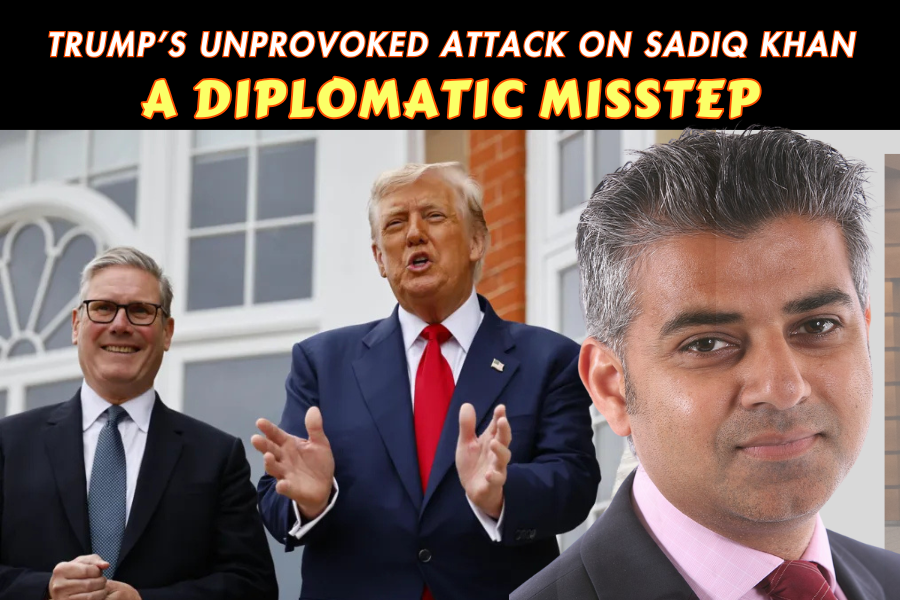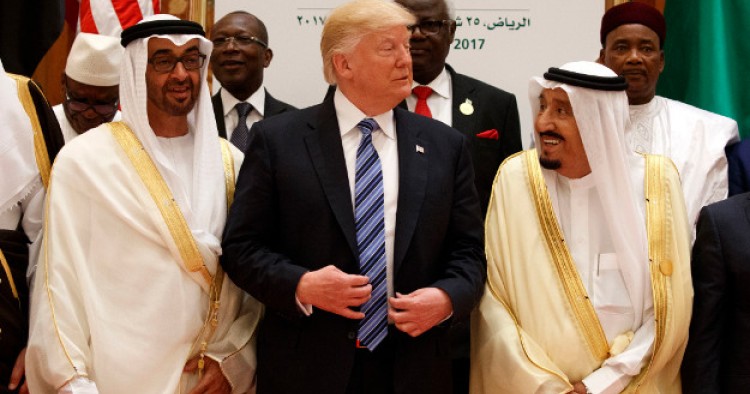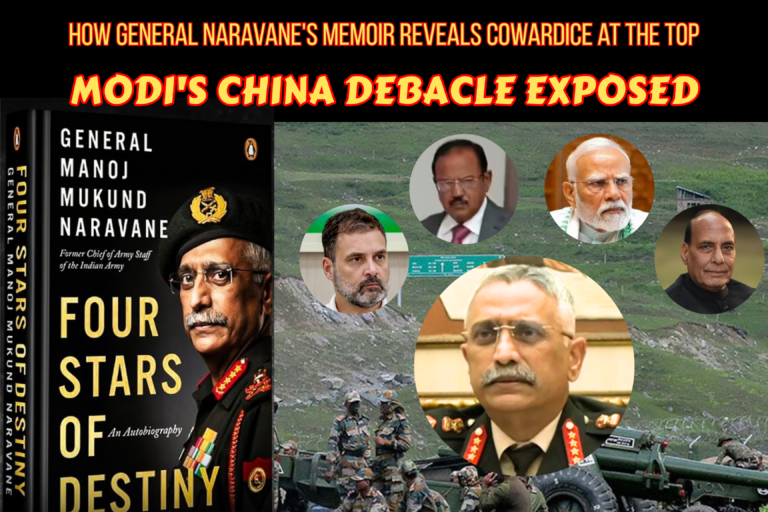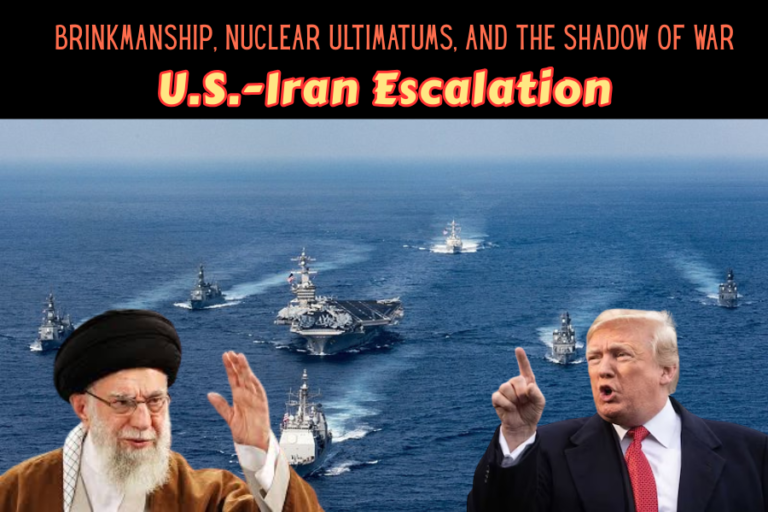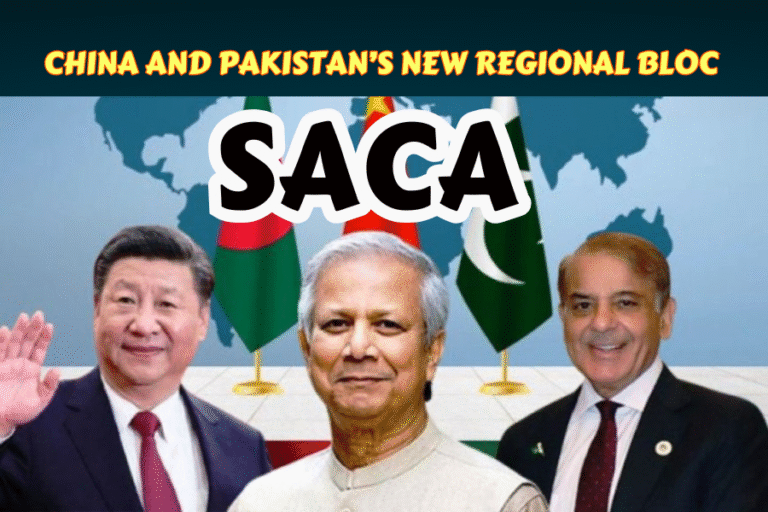(Ayesha Mohsin)
On 28 July 2025, President Donald Trump reignited his feud with London Mayor Sadiq Khan, calling him a “nasty person” who has “done a terrible job” during a press interaction about his upcoming U.K. state visit. The unprovoked remarks, made ahead of Trump’s unprecedented second state visit to meet King Charles III from 17–19 September, risk straining U.S.-U.K. relations at a critical juncture. Khan, a Labour politician and the first Muslim mayor of London, has long been a target of Trump’s criticism, notably in 2019 when he branded Khan a “stone cold loser.” This latest outburst, absent any recent provocation, underscores Trump’s pattern of personal attacks on foreign leaders. This article examines the origins, motives, and implications of Trump’s comments, emphasizing the need for diplomatic restraint to preserve America’s global standing.
BACKGROUND AND CONTEXT
The Trump-Khan feud began in 2016 when Khan, newly elected, criticized Trump’s proposed Muslim travel ban as “ignorant.” Trump retaliated in 2017, accusing Khan of a “pathetic” response to the London Bridge attack, misrepresenting his call for calm as downplaying terrorism. In 2019, before his first U.K. state visit, Trump tweeted, “Sadiq Khan, who by all accounts has done a terrible job as Mayor of London, has been foolishly ‘nasty’ to the visiting President of the United States.” Khan responded, likening Trump’s rhetoric to “fascists of the 20th century” and warning of a “far-right threat.” Protests, including a “Trump baby” blimp, marked Trump’s 2018 and 2019 visits. Khan’s knighthood in June 2025, bestowed by King Charles III, highlighted his progressive leadership, contrasting with Trump’s persistent antagonism.
DETAILS OF THE 2025 STATEMENT
In July 2025, a journalist asked Trump about his planned U.K. state visit, hosted by King Charles III at Windsor Castle from 17–19 September. Trump replied, “I’m not a fan of your mayor. I think he’s done a terrible job, the mayor of London… a nasty person.” The unprovoked attack followed no recent statements from Khan, who had expressed hope in March 2025 that Trump’s second term would differ, noting, “We live in hope that he’ll be different.” Khan’s office called the remarks “childish” and a “distraction from America’s domestic challenges,” per CNN. The timing, amid Trump’s domestic controversies over Epstein-related files, suggests a deflection strategy. U.K. Prime Minister Keir Starmer, who delivered the king’s invitation in February, remained silent, prioritizing the U.S.-U.K. trade deal finalized in April.

ANALYSIS OF TRUMP’S MOTIVES AND EVIDENCE
Trump’s unprovoked attack aligns with his history of targeting Khan, often citing crime in London without evidence. A 2025 Ipsos poll shows 63% of Britons view Trump unfavorably, suggesting his remarks play to his U.S. base rather than U.K. audiences. Khan’s progressive policies and Muslim identity make him a lightning rod for Trump’s rhetoric, as seen in 2019 when Trump mocked Khan’s height and likened him to New York’s Bill de Blasio. No data supports Trump’s claim of Khan’s “terrible job”; London’s crime rates, while high, reflect complex urban challenges, not mayoral failure. The remarks risk alienating U.K. allies, especially as Starmer’s government strengthens NATO ties. Analysts, like Jack Royston of Newsweek, note Trump’s love for royal pomp but warn his “touchy” nature could escalate tensions if Khan authorizes protests.
DIPLOMATIC IMPLICATIONS
Trump’s comments threaten the U.S.-U.K. “special relationship,” vital for trade and security. The U.K., the first to secure a post-tariff trade deal with Trump in April 2025, values stability, as Starmer emphasized at the NATO Summit. Khan’s call for protests, including a potential “Trump baby” blimp, could embarrass Trump during his Windsor Castle visit, prompting retaliatory tweets or policy shifts, like his 2019 Canada annexation threats. Acting U.S. Ambassador Lewis Lukens’ 2019 praise for Khan’s leadership underscores diplomatic support for Khan, contrasting with Trump’s stance. Scottish National Party leader John Swinney’s demand for Trump’s Ukraine support before the visit highlights broader U.K. concerns. If Trump escalates, as in 2017 when Khan sought to cancel his visit, diplomatic channels may strain, undermining U.S. credibility.
FUTURE SCENARIOS AND IMPLICATIONS
The state visit’s success hinges on Trump’s restraint. Protests, expected in London per Khan’s March 2025 warning, could provoke Trump, especially if the “Trump baby” blimp reappears. Starmer’s decision to schedule the visit during Parliament’s recess avoids a controversial Commons address, unlike Macron’s recent speech. However, Trump’s remarks may fuel U.K. public backlash, with 2025 protests potentially rivaling the 2018 and 2019 demonstrations. Domestically, Trump’s base may rally, but moderates and allies like Senator Lindsey Graham, silent on Khan, could distance themselves. Escalation risks trade tensions, as Trump’s 30% tariff threats against the E.U. and Mexico loom. Long-term, such attacks erode diplomatic norms, weakening U.S. soft power and emboldening adversaries like Russia, who exploit Western discord.
WIDER CONTEXT AND HISTORICAL PERSPECTIVE
Presidential attacks on foreign leaders are rare but not unprecedented. Nixon’s private disdain for foreign counterparts never reached Trump’s public vitriol. Trump’s 2019 Khan attacks, labeling him a “stone cold loser,” echo his 2025 rhetoric, reflecting a strategy of personalizing diplomacy. The feud mirrors broader U.S. trends: polarization, as seen in Trump’s 2020 election denial, and distrust in institutions, amplified by his attacks on allies. Khan’s knighthood and third term in 2024 underscore his domestic strength, contrasting with Trump’s 63% U.K. unfavorability. Historically, U.S. presidents like Obama and Clinton used state visits to bolster alliances, not sow division. Trump’s approach risks normalizing diplomatic breaches, undermining the U.S.’s role as a global leader and inviting reciprocal criticism from allies.
CONCLUSION
Trump’s unprovoked attack on Sadiq Khan in July 2025, calling him a “nasty person” who has “done a terrible job,” jeopardizes U.S.-U.K. relations ahead of a historic state visit. Rooted in a decade-long feud, the remarks lack evidence and risk diplomatic fallout, especially if protests disrupt Trump’s September visit with King Charles III. America’s strength lies in fostering alliances, not fracturing them with personal vendettas. To navigate this controversy, Trump must prioritize diplomacy over rhetoric, ensuring the U.S. maintains its global standing amid domestic and international challenges.

